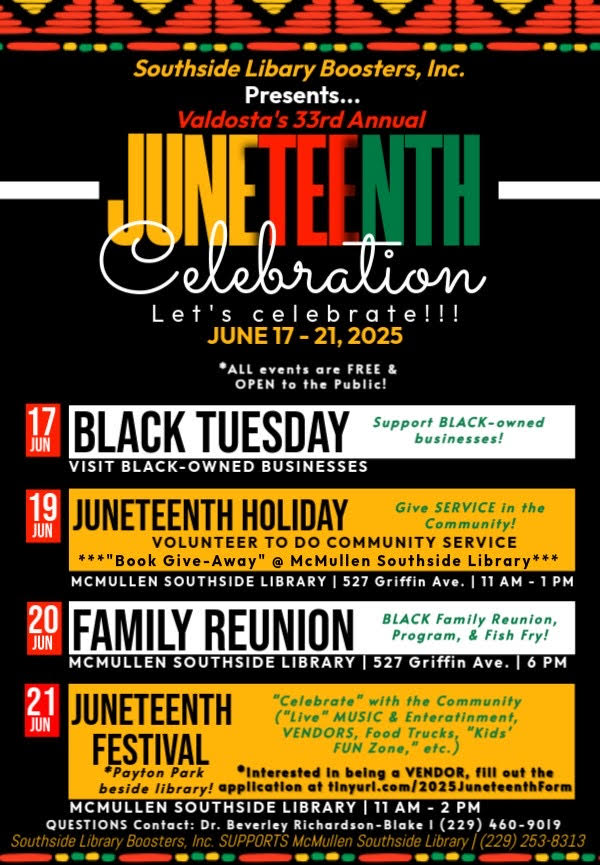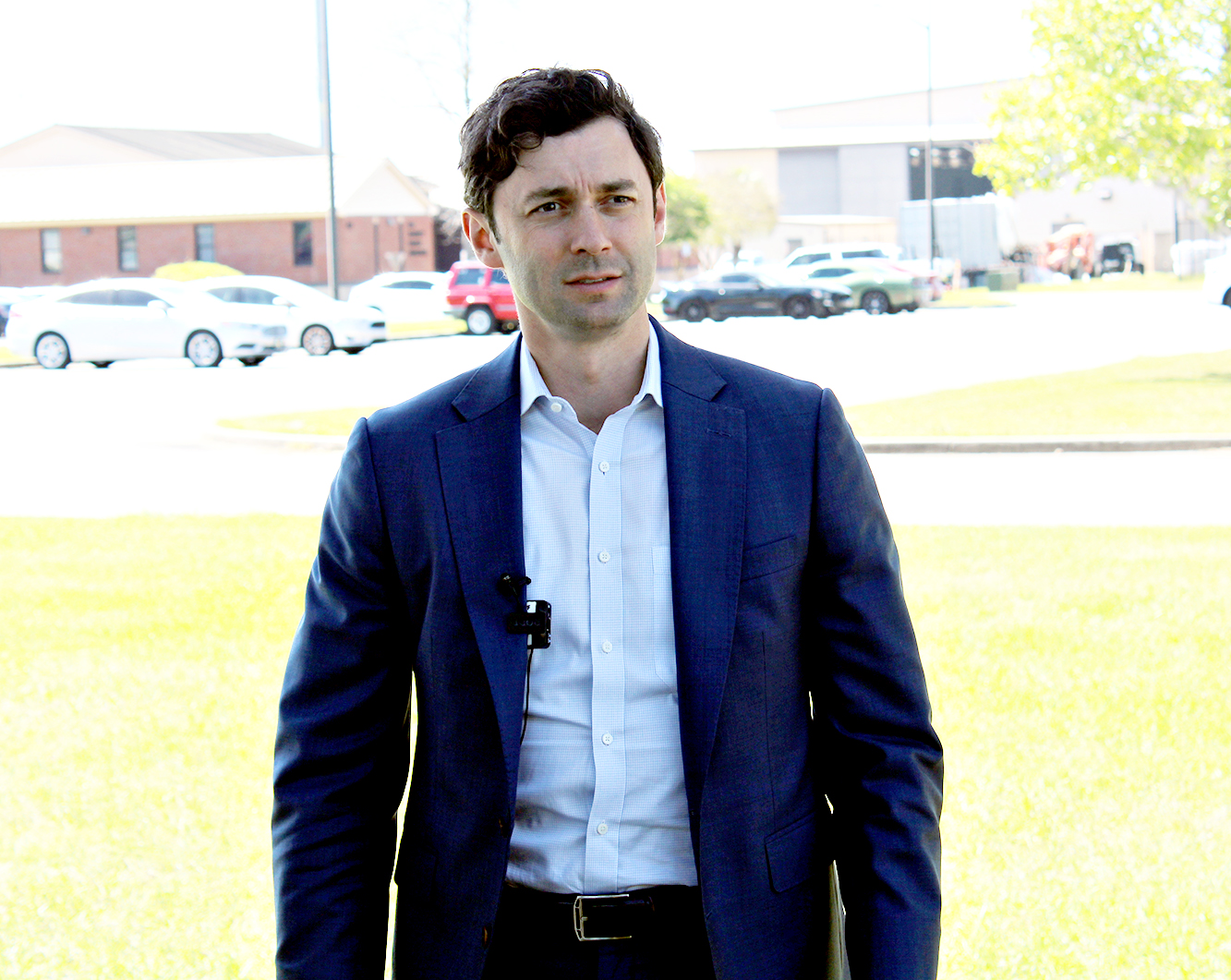Savvy Senior- How to Find Help Paying for Your Hearing Aid
Published 9:20 am Monday, June 18, 2012
Dear Savvy Senior,
Are there any resources or programs that help seniors with the high cost of hearing aids?
Can’t Afford To Hear
Dear Can’t,
It’s unfortunate, but millions of Americans with hearing loss don’t get hearing aids because they simply can’t afford them. Hearing aids are expensive, typically costing between $1,000 and $3,500 per ear, and most insurance companies including traditional Medicare don’t cover them. While there’s no one simple solution to finding affordable hearing aids, there are a variety of options you can look into that can help.
Check Insurance
Your first step is to check with your health insurance provider to see if it provides any hearing aid coverage.
If you’re a Medicare beneficiary, you need to know that while original Medicare (Part A and B) and Medicare supplemental policies do not cover hearing aids, some Medicare Advantage (Part C) plans do. If you have an Advantage plan, you’ll need to check with your plan administrator.
Medicaid also covers hearing aids in some states to people with very limited means. Your county social service office can give you more information.
Or, if you’re a federal employee or retiree, hearing aid coverage may be available through some insurance plans in the Federal Employees Health Benefits Program. Or if you’re a veteran, the VA provides free hearing aids if you meet certain conditions such as being compensated for any serviced-connected disability or if your hearing loss is connected to military service. See va.gov or call 877-222-8387 to check your eligibility.
Financial Assistance
Depending on your income level, there are various programs and foundations that provide financial assistance for hearing aids to people in need. Start by calling your state rehabilitation department (see www.parac.org/svrp.html for contact information), or the nearest chapter of the Hearing Loss Association of America (hearingloss.org) to find out if there are any city, county or state programs, or local civic organizations that could help.
There are also a number of nonprofits that offer hearing aids at deeply discounted prices, or for free. Some good ones to check out include:
HEAR Now: Sponsored by the Starkey Hearing Foundation (starkeyhearingfoundation.org, 800-328-8602), this program provides hearing aids for people with net incomes below $19,058 for a single or $25,743 for couples. Your only costs are a hearing test and an application fee of $125 per hearing aid request.
Lions Affordable Hearing Aid Project: Offered through some Lions clubs throughout the U.S., this program provides the opportunity to purchase new, digital hearing aids manufactured by Rexton for $200 per aid, plus shipping. To be eligible, most clubs will require your income to be somewhere below 200 percent of the federal poverty level which is $22,340 for singles, or $30,260 for couples. Contact your local Lions club (see lionsclubs.org for contact information) to see if they participate in this project.
Sertoma: A civic service organization that runs a hearing aid recycling program through its 500 clubs nationwide, refurbishes them, and distributes them to local people in need. Call 800-593-5646 or visit sertoma.org to locate a club in your area.
Audient: This program (audientalliance.org, 866-956-5400) helps people purchase new, digital hearing aids at reduced prices ranging from $495 to $975 for one hearing aid, or $990 to $1,575 for a pair. To be eligible, your income must be below $27,075 for a single or $36,425 for couples.
For a list of more programs, visit the Better Hearing Institute website at betterhearing.org, and click on “Hearing Loss Resources,” then on “Financial Assistance.” Or, call the National Institute on Deafness and Other Communication Disorders at 800-241-1044 and ask them to mail you their list of financial resources for hearing aids.
Send your senior questions to: Savvy Senior, P.O. Box 5443, Norman, OK 73070, or visit SavvySenior.org. Jim Miller is a contributor to the NBC Today show and author of “The Savvy Senior” book.
Savvy Senior
How to Search for Forgotten Money your Loved Ones Left Behind
Dear Savvy Senior,
I’ve heard that there are resources available that can help people look for lost or forgotten money left behind by their diseased relatives. When my mother and father passed away their financial affairs were in such a mess, I’m wondering if there was anything I overlooked. What can you tell me?
Searching Son
Dear Searching,
Lost or forgotten money is actually quite common in the U.S. In fact, according National Association of Unclaimed Property Administrators, nearly $33 billion in unclaimed assets is sitting in state treasuries and other agencies just waiting to be found.
These unclaimed assets are from some 117 million accounts that are inactive or whose owners or their heirs cannot be located. Unclaimed assets can include things like lost or forgotten investments or bank accounts, Social Security payments, utility deposits, tax refunds, life insurance proceeds, stocks, un-cashed dividends and more.
This typically happens because of a change of address (the owner moved), a name change (the owner got married or divorced), or the owner dies and the estate was unaware of the money or the heirs could not be located. By law, companies and financial institutions that can’t find the owner or their next of kin within two to five years must turn the property over to the state where it’s held indefinitely.
Where to Search
It’s very possible that your deceased parents, or you, have some unclaimed assets out there and you don’t even know it. To start your quest, go to missingmoney.com or unclaimed.org, both of which contain records from most state unclaimed property programs.
Check every state in which you or your parents have lived, worked or conducted business. Also search using maiden names and any previous names, as well as middle names and middle initials. Every state can tell you immediately if your parents or you have some unclaimed property, as well as how to go about collecting it. If you don’t have a computer, you can call the state treasurer’s office for assistance.
Look Here Too
Beyond state treasuries, here are some other agencies you should check for lost loot, along with a few resources that can help you search.
IRS: Each year thousands of refund checks totaling millions of dollars are returned to the IRS by the post office. To look for lost tax refund checks go to IRS.gov and click on “Individuals,” then on “Where’s My Refund,” or call 800-829-1954.
U.S. Treasury: To find out if there are any savings bonds your parents didn’t claim dating back to 1974, go to treasurydirect.gov and click on “Check Treasury Hunt to see if you own matured savings bonds.” For older bonds or those still drawing interest, use form 1048 which you can download at www.treasurydirect.gov/forms/sav1048.pdf.
Pension Benefit Guaranty Corp.: If you or your parents worked for a company that went out of business or ended its defined benefit pension plan, you may be entitled to some of their benefits. Check at pbgc.gov and click on “Missing Participants Search.”
The National Registry of Unclaimed Retirement Benefits: To search for lost 401(k) plans, try unclaimedretirementbenefits.com where plan sponsors, administrators and custodians register missing participants who have unclaimed retirement funds.
Federal Deposit Insurance Corp.: Search for unclaimed bank accounts at firms that were shut down between 1989 and 1993 go to www2.fdic.gov/funds. State treasuries hold assets from shutdowns after 1993.
Social Security: To find lost Social Security benefits, including the $255 death benefit, call 800-772-1213.
American Council of Life Insurers: If you think your parents had a life-insurance policy try missingmoney.com, or for more tips go to acli.com and click on “Missing Policy Tips.”
Send your senior questions to: Savvy Senior, P.O. Box 5443, Norman, OK 73070, or visit SavvySenior.org. Jim Miller is a contributor to the NBC Today show and author of “The Savvy Senior” book.





